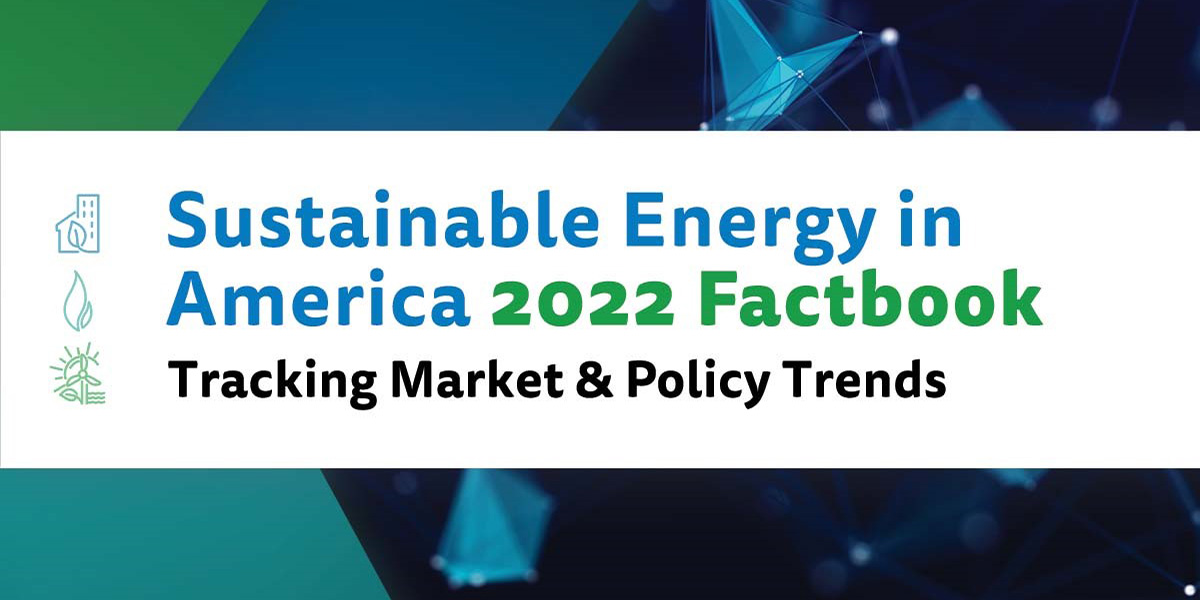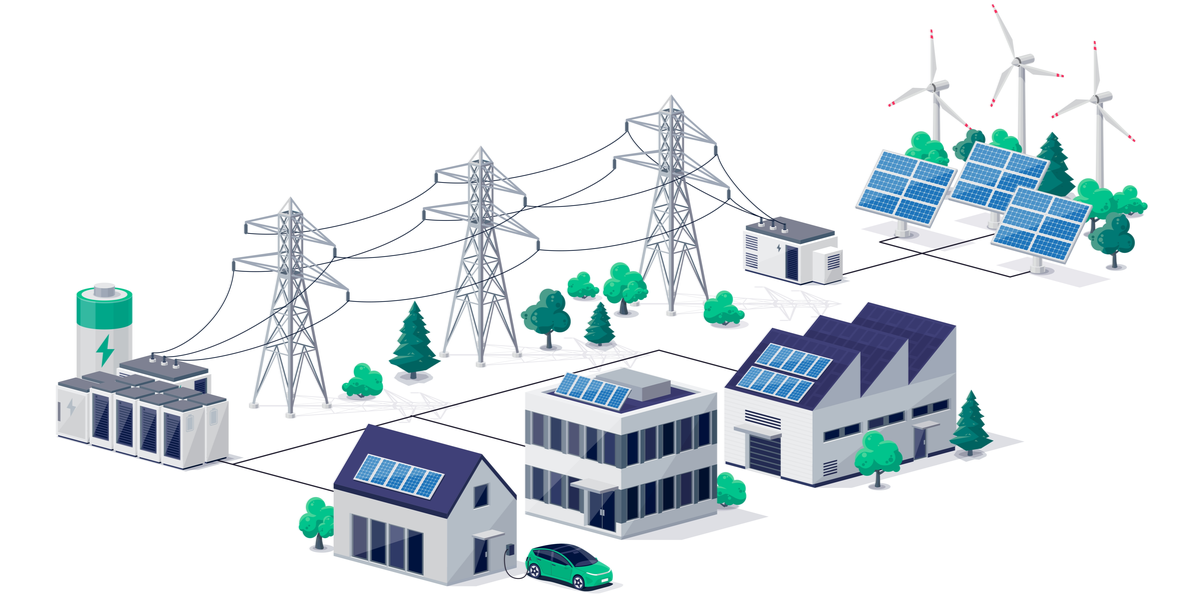Homeowners and Consumers Stand to Lose if Rollbacks Hitch a Ride on Appropriations Bills
Let's Save Energy
Alliance to Save Energy's Blog
Homeowners and Consumers Stand to Lose if Rollbacks Hitch a Ride on Appropriations Bills

Few energy efficiency policies are as impactful or far-reaching as robust building energy codes and appliance standards. Under the leadership of the U.S. Department of Energy (DOE), stakeholders from industry, advocacy groups and the public sector routinely meet and negotiate in good faith to develop cost-effective and technologically-feasible codes and standards. While the average consumer might not realize how much time and effort are involved in developing codes and standards, the results are tremendously beneficial. When a family purchases a new home and outfits it with a furnace, air conditioner, dishwasher and other appliances common in modern life, energy efficiency is a core engineering and design element that delivers long-term savings.
As modernization marches on, our energy infrastructure, residential and commercial building stock, and appliances and equipment must keep pace. That occurs in large part due to the on-going—and generally behind-the-scenes—code and standard development process conducted under the auspices of DOE. Together with key allies like the Energy Efficient Code Coalition and the Building Codes Assistance Project, the Alliance has consistently worked to advance codes and standards and communicate a holistic accounting of benefits to the public.
While the current code and standard development process is leading to positive outcomes, there is always something to improve. For instance, many stakeholders would like DOE to be more transparent when making performance and energy-savings calculations. Every suggestion that can potentially lead to inclusive, consensus-driven codes and standards should be considered. Simply put, good process pays dividends beyond energy savings.
Unfortunately, some stakeholders are less committed to the current code and standard development process than the Alliance. As Congress turns its attention to spending bills during the final weeks of 2015, specific riders will be considered that would limit DOE’s ability to lead or prevent certain codes or standards from taking effect. Riders regularly appear in appropriations bills – this is nothing new. This year, however, the debate has taken on a troubling anti-regulation theme in regards to riders intended to circumvent DOE, short-circuit the normal code and standard development process, and appeal directly to sympathetic members of Congress for specific relief.
While considering appropriations bills or an omnibus package, Congress should resist the urge to include riders that would negatively affect energy efficiency codes. DOE’s process should be refined and strengthened, not weakened. Delayed implementation of codes and standards means that homeowners and consumers pay more for wasted energy than they should. Ad hoc legislative remedies may benefit particular stakeholders, but the true costs of riders will be borne by every homeowner who plans to buy a new home, and every consumer who needs a new furnace (or air conditioner, dishwasher, etc.) in years to come.
STAY EMPOWERED
Help the Alliance advocate for policies to use energy more efficiently – supporting job creation, reduced emissions, and lower costs. Contact your member of Congress.
Energy efficiency is smart, nonpartisan, and practical. So are we. Our strength comes from an unparalleled group of Alliance Associates working collaboratively under the Alliance umbrella to pave the way for energy efficiency gains.
The power of efficiency is in your hands. Supporting the Alliance means supporting a vision for using energy more productively to achieve economic growth, a cleaner environment, and greater energy security, affordability, and reliability.



